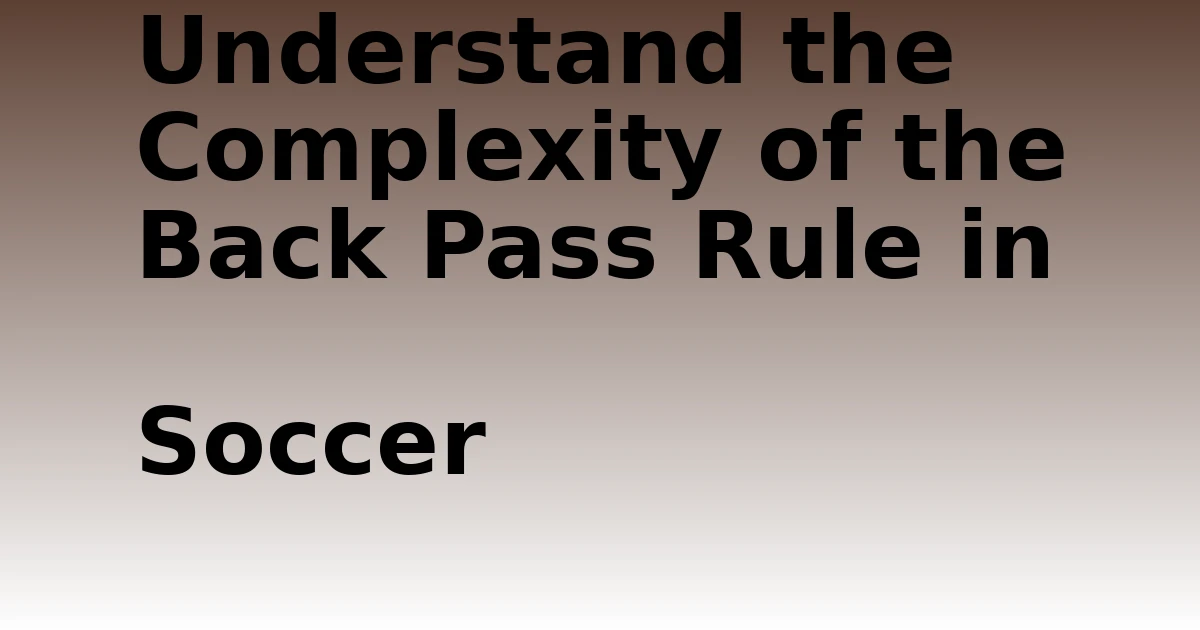Every four years, nations across Africa battle for a place at football’s grandest stage — the FIFA World Cup. But compared to other continents, the path through African World Cup Qualifying is a relentless test of endurance, precision, and resilience.
While Europe and South America offer formats that allow recovery after a setback, Africa’s qualifying structure leaves no room for error. One misstep can erase an entire campaign.
Let’s explore why CAF’s system is widely considered the hardest in world football, who has already made it through, and what’s next in this high-stakes journey.
The Harsh Reality of the CAF Format
In Africa, 54 nations compete for only nine direct World Cup spots. Teams are divided into nine groups of six, with just the group winner earning automatic qualification.
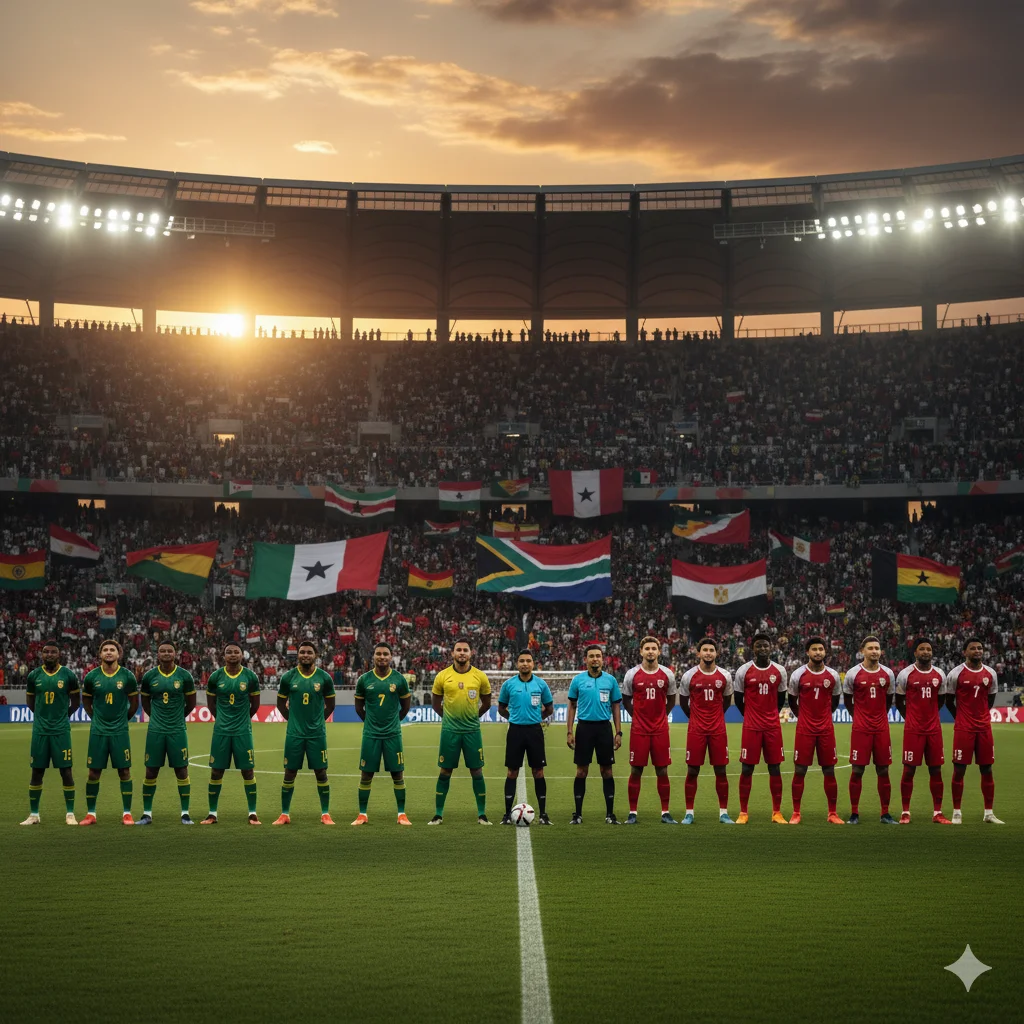
Finishing second doesn’t mean hope is lost — but it does mean entering another gauntlet. The four best runners-up face a playoff round to determine one final team that advances to an intercontinental playoff against a nation from another region.
In short: one in six teams qualifies directly. The rest go home.
A Softer Path in South America
A League System That Rewards Consistency
Compare that to South America’s CONMEBOL system, where ten nations play each other home and away — 18 matches in total. It’s a league-style competition that rewards consistency and offers breathing room.
Even if a traditional powerhouse like Brazil or Argentina stumbles early, there’s time to adjust tactics, rebuild form, and recover lost ground. Six of the ten nations qualify directly, and the seventh gets a playoff opportunity.
That means nearly 70% of the region’s teams have a realistic shot at the World Cup, even after a poor start.
Time and Opportunity to Recover
In CONMEBOL, a team can lose several games and still find its way back. The long schedule allows for evolution — new managers, tactical experiments, or breakout players can reshape the outcome over time.
This system emphasizes sustainability over perfection. A nation’s fate unfolds gradually across 18 matchdays, creating space for redemption. It is competitive, but forgiving.
A Ruthless Arena in Africa
No Room for Mistakes
Now look at CAF’s format — a completely different battlefield. The qualification journey is shorter, sharper, and far less forgiving. A single poor result can derail everything. One red card, one missed penalty, one defensive lapse can erase months of preparation.
There’s no extended league table to climb back up, no second leg to fix errors. Every goal matters. Every draw hurts. Every point is gold.
Beyond Talent: A Test of Endurance

African World Cup Qualifying is as much a logistical and psychological challenge as a sporting one. Teams must travel across vast distances, playing in extreme conditions — from the heat of North Africa to the altitude of Addis Ababa or La Paz-like elevations in central Africa.
Pitch quality can vary dramatically. Refereeing decisions can swing momentum. And away fixtures often come with intense fan pressure. For many teams, maintaining focus and form through all that is a triumph in itself.
Why African Qualification Means More
When an African nation finally books its ticket to the World Cup, it’s not just another qualification — it’s the end of a grueling test of consistency, strategy, and mental toughness.
Success here represents more than footballing talent. It reflects resilience, unity, and national pride earned the hard way — through a system that demands near perfection.
Who Has Qualified So Far
After months of competition, nine nations have already earned their place among football’s elite:
Egypt, Senegal, South Africa, Cape Verde, Morocco, Ivory Coast, Algeria, Tunisia, and Ghana.
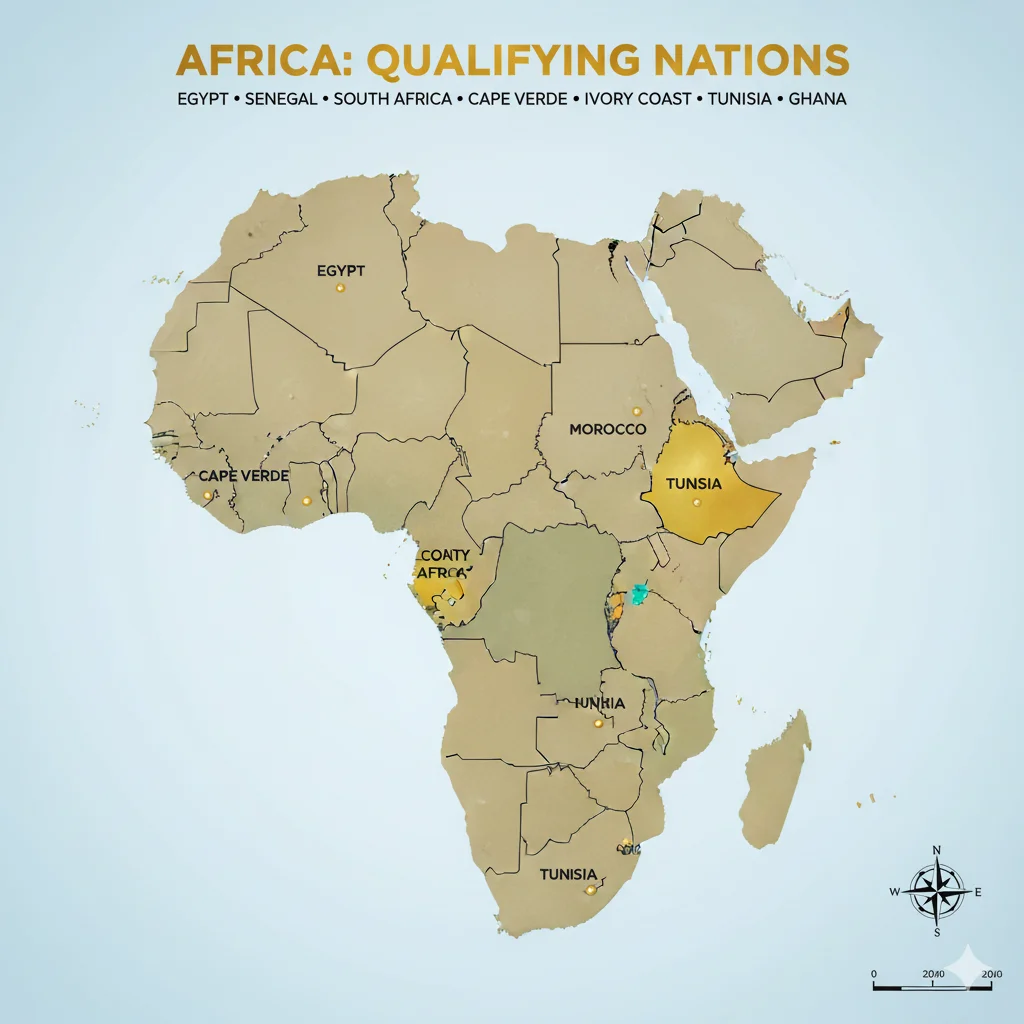
North Africa’s Continued Dominance
North African sides have once again shown their tactical depth and experience. Morocco, fresh from their historic 2022 semifinal run, continue to set the standard with discipline and organization.
Algeria and Tunisia remain perennial qualifiers, blending structure with creativity. Egypt, led by star Mohamed Salah, is proving again that experience and stability pay off.
West Africa’s Powerhouses
Senegal, Ghana, and Ivory Coast — three of the continent’s biggest football names — reaffirmed their pedigree. Senegal’s consistency under coach Aliou Cissé stands out, while Ghana’s youthful energy and Ivory Coast’s home dominance underline the strength of West Africa’s football schools.
The New Faces
Cape Verde and South Africa’s presence signals a welcome shift. Cape Verde’s rise has been built on structure and team chemistry, while South Africa’s return to the big stage shows the reward of long-term rebuilding and investment in domestic talent.
The Final Hurdle: CAF Playoffs Await
For those who fell just short, the battle isn’t over yet. The CAF playoffs will decide who gets one last chance. The four best runners-up will meet in knockout matches:
- Gabon vs Nigeria
- DR Congo vs Cameroon
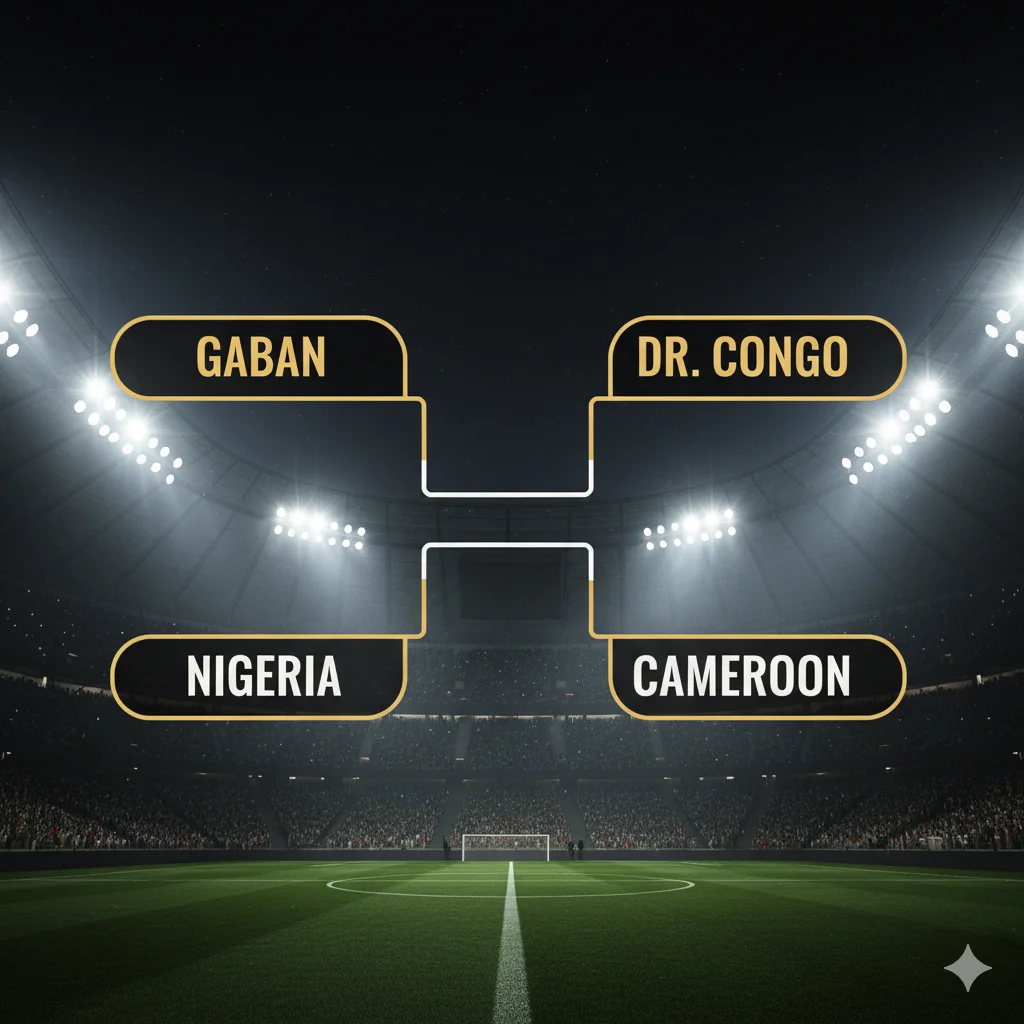
These single-leg ties are set for November 13, 2025, followed by a final on November 16. The ultimate winner will advance to the intercontinental playoff, facing opponents from outside Africa for a final ticket to the 2026 World Cup.
One match. One opportunity. Win — and you move forward. Lose — and the dream ends.
A Legacy of Greatness
African football’s global influence is undeniable. From Cameroon’s breakthrough in 1990, to Nigeria’s flair in 1994, Senegal’s shock victories in 2002, Ghana’s heartbreaking near miss in 2010, and Morocco’s historic semifinal in 2022, every generation has carried the continent’s pride to new heights.
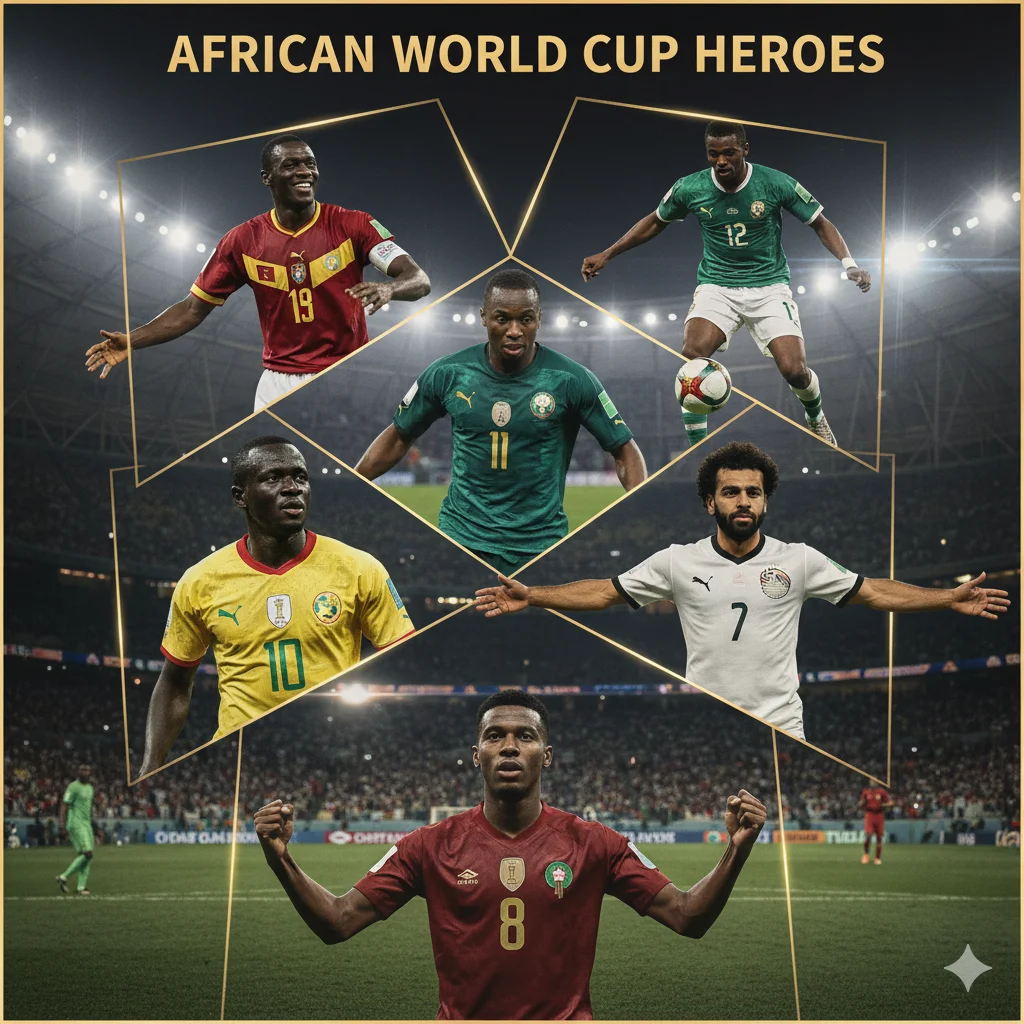
Each success story reinforces one truth: when African teams reach the World Cup, they have already conquered the toughest qualification road in football.
